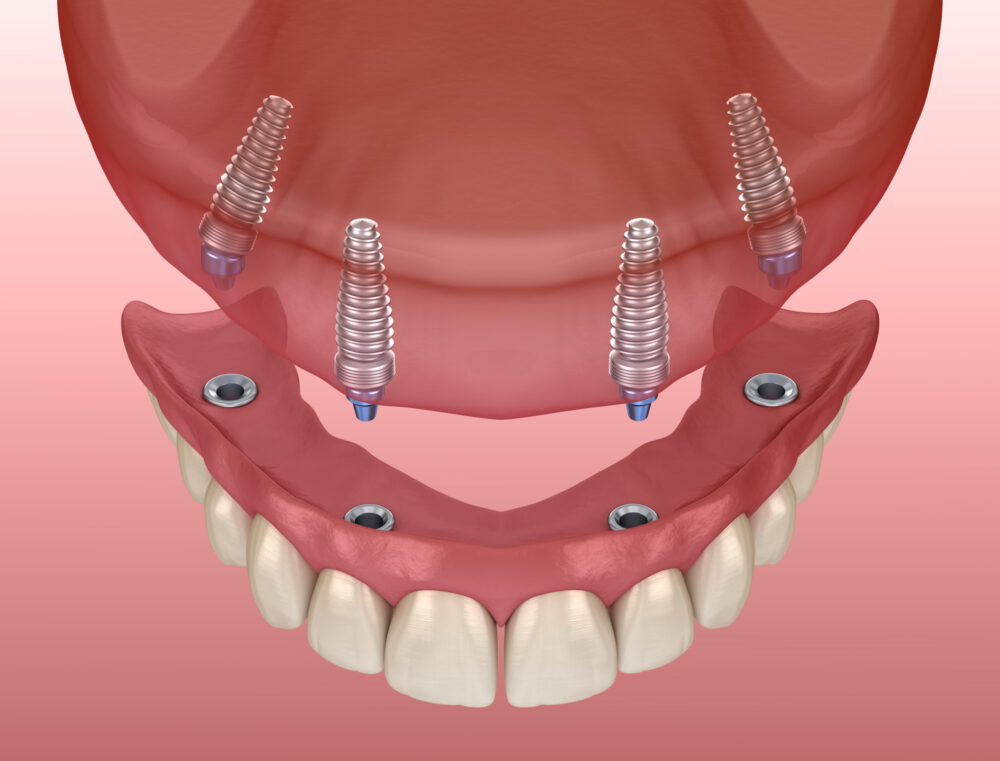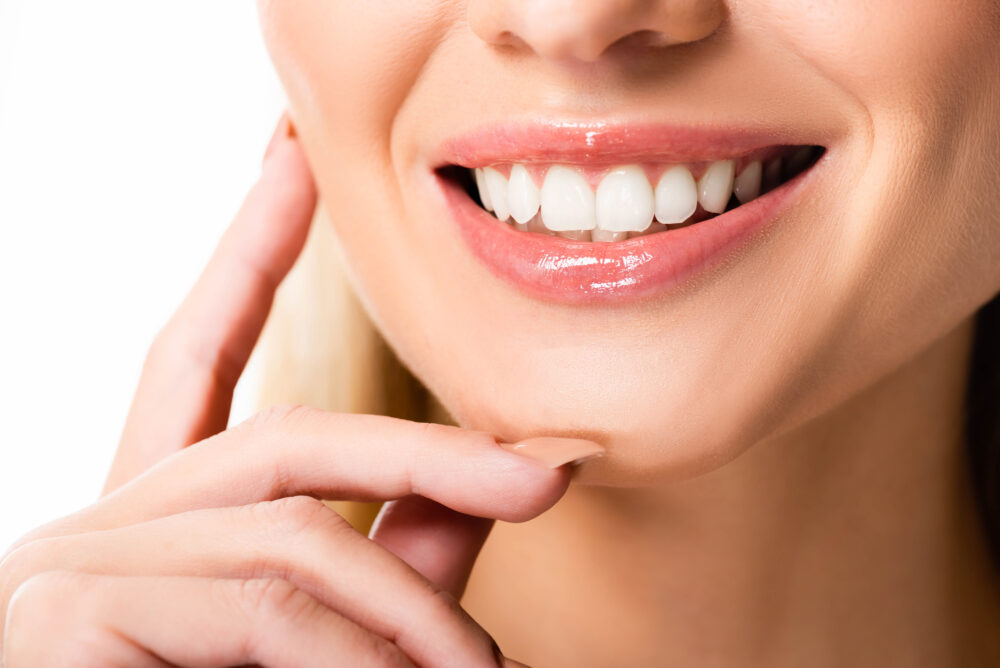Hazards Of All On 4: The Liquid Diet & More
All-On-4 is a popular dental implant procedure that provides a fixed set of teeth for patients with missing or severely damaged teeth. While it offers numerous benefits, such as improved aesthetics and functionality. It is crucial to know the possible risks associated with the procedure. One of these hazards is the liquid diet required during the initial recovery period. This article discusses the hazards of All on 4 dental implants.
The Liquid Diet: Nutritional Concerns
Following the All-On-4 procedure, patients are typically required to follow a liquid diet for several weeks. While this diet is essential for ensuring proper healing of the implants, it can pose nutritional challenges. Liquid diets are often low in fiber, essential nutrients, and proteins crucial for overall health. Prolonged reliance on a liquid diet can lead to deficiencies, weakened immune function, and muscle loss. To mitigate these risks, it is crucial to consult with a specialist to develop a well-rounded liquid diet plan.
Temporary Lifestyle Adjustments
The All-On-4 procedure involves a significant recovery period during which patients may need temporary lifestyle adjustments. Apart from the liquid diet, patients may experience discomfort, swelling, and speech difficulties. Activities such as vigorous exercise, smoking, and consuming certain foods and beverages may need to be avoided to ensure successful healing. Patients must strictly adhere to post-operative instructions provided by their dental professionals to minimize potential complications and ensure optimal results.
Potential Complications
While All-On-4 is generally considered safe, like any surgical procedure, it carries some risks. Infection, implant failure, nerve damage, and sinus problems can occur. Patients must choose a qualified and experienced dental professional who specializes in implantology to minimize these risks. Regular follow-up visits and proper oral hygiene practices are essential to detect and address any potential complications at an early stage.
Long-Term Maintenance
Once the initial healing period is over, patients must understand that proper long-term maintenance is crucial for the success and longevity of their All-On-4 implants. Regular dental checkups, professional cleanings, and careful oral hygiene routines are essential to avoid plaque accumulation and probable gum disease.
Patients should also be mindful of their diet choices, avoiding hard or sticky foods that can damage the implants. Adhering to these maintenance practices will help ensure the longevity and functionality of the All-On-4 implants.
Are you looking for a comprehensive guide to the benefits of All on 4 Plus dental implants? Then, the benefits of All On 4 Plus are clear on this Melton dentist’s website. All-on-4 dental implants are a great solution if you are missing most of your natural teeth. Therefore, we can freely conclude that the pros outweigh the cons.
Conclusion
All-On-4 offers a convenient and effective solution for individuals with missing teeth. For a successful treatment, it is necessary to be aware of the ins and outs of the treatment. Following a proper liquid diet, making temporary lifestyle adjustments, and maintaining long-term oral hygiene are essential for successful outcomes and minimizing potential complications. Consultation with a qualified dental professional addresses concerns and ensures a safe and effective treatment journey.



